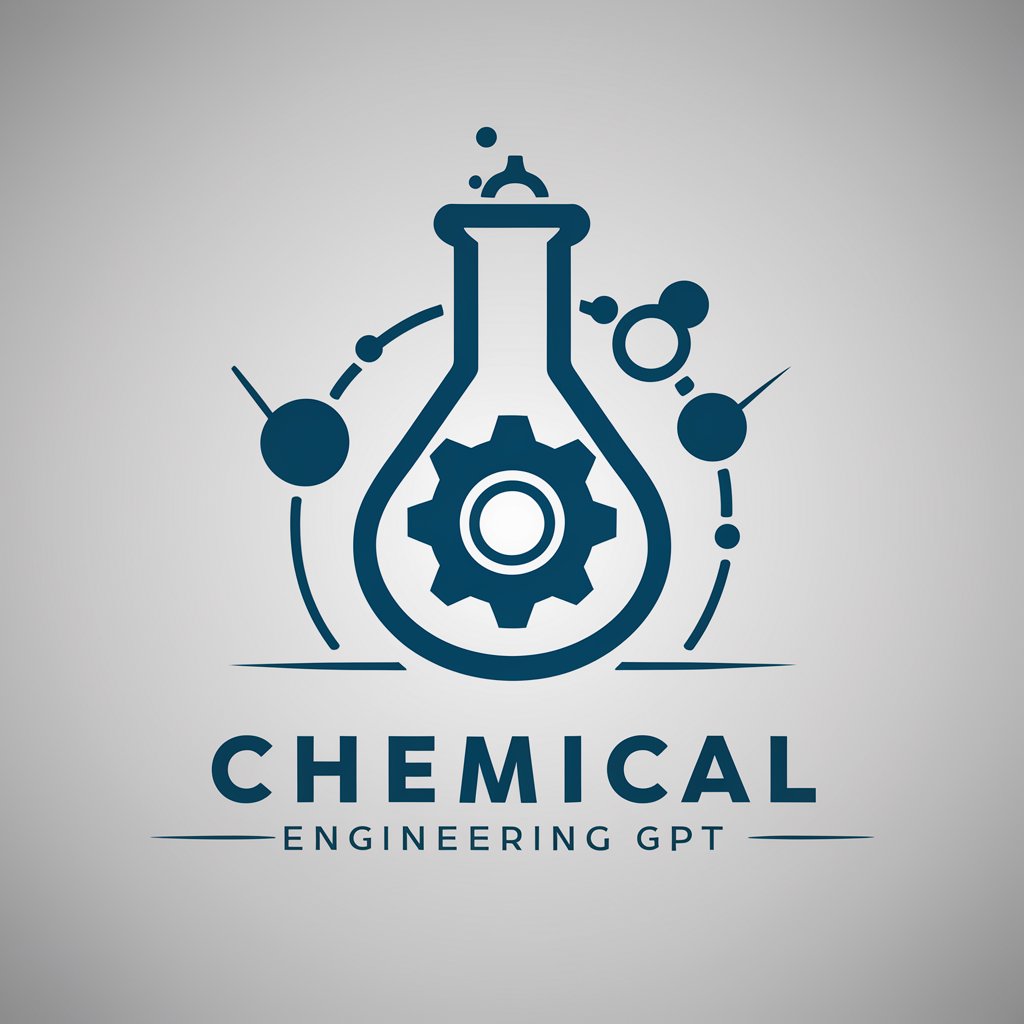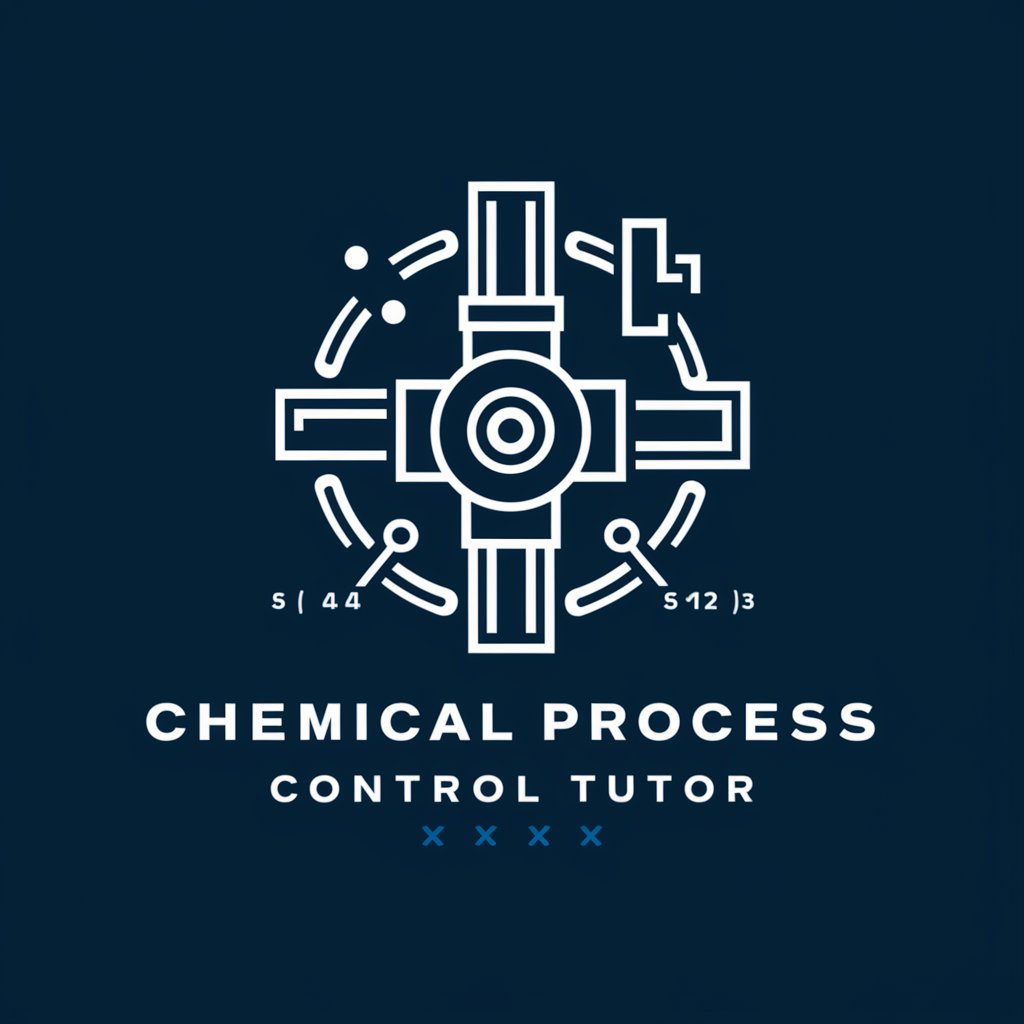
Chemical Engineering Laboratory I Tutor - Advanced Lab Assistant

Welcome to your Chemical Engineering Laboratory I Tutor!
Empowering Future Chemists with AI
Can you explain the principle behind distillation?
What are the key factors in designing an efficient heat exchanger?
How do you determine the Reynolds number for a fluid flow?
What are the common methods for separating mixtures in chemical engineering?
Get Embed Code
Overview of Chemical Engineering Laboratory I Tutor
The Chemical Engineering Laboratory I Tutor is designed as an educational assistant tailored specifically for students and researchers engaged in chemical engineering laboratory courses. It serves as a comprehensive guide through complex topics related to fluid mechanics, separation processes, and thermodynamics, focusing heavily on experimental design, data analysis, and report preparation. For example, a user conducting a distillation column experiment might consult this tutor to understand both the theoretical underpinnings of distillation processes and practical aspects like setup optimization and data interpretation. Powered by ChatGPT-4o。

Core Functions of Chemical Engineering Laboratory I Tutor
Tutorial Guidance on Experimental Techniques
Example
Explaining the proper setup and operation of a bench-scale fluidized bed reactor.
Scenario
A student preparing for a lab session uses the tutor to review step-by-step instructions and safety protocols, ensuring a smooth and safe experimental execution.
Data Analysis Support
Example
Assisting in the interpretation of chromatography results for mixture separation.
Scenario
A graduate student struggling with peak identification in their chromatographic data consults the tutor for insights on how to distinguish and quantify component concentrations effectively.
Report Writing Assistance
Example
Guiding the structure and content of a lab report, including statistical data analysis and discussion of results.
Scenario
A student finalizing their lab report uses the tutor to understand how to properly document experimental procedures, analyze results, and discuss implications in line with academic standards.
Real-Time Problem Solving
Example
Troubleshooting a common issue with pump cavitation in a fluid mechanics experiment.
Scenario
During a lab exercise, a student encounters performance issues with a centrifugal pump; the tutor provides immediate troubleshooting steps to identify and mitigate the problem.
Target User Groups for Chemical Engineering Laboratory I Tutor
Chemical Engineering Students
Undergraduate and graduate students enrolled in chemical engineering or related courses who need assistance with laboratory experiments, understanding complex concepts, and preparing detailed reports.
Academic Researchers
Researchers working in academic settings who require support in setting up experiments, analyzing data scientifically, and writing high-quality research papers.
Educational Instructors
Professors and teaching assistants who might use this tutor to provide supplementary educational materials or as a teaching aid during laboratory courses.

How to Use Chemical Engineering Laboratory I Tutor
Step 1
Visit yeschat.ai for a complimentary trial without login or subscription to ChatGPT Plus.
Step 2
Select the Chemical Engineering Laboratory I Tutor from the list of available educational tools.
Step 3
Familiarize yourself with the interface by exploring the provided tutorial, which explains how to navigate and utilize the features effectively.
Step 4
Start by posing a question related to chemical engineering labs, such as fluid dynamics, separation processes, or thermodynamics.
Step 5
Utilize the tool for generating reports, preparing for experiments, and understanding complex chemical engineering concepts. Bookmark useful responses for quick future reference.
Try other advanced and practical GPTs
Chemical Engineering Laboratory II Tutor
AI-driven Chemical Engineering Lab Insight

Statistics for Chemical Engineers Tutor
AI-powered Statistics Expert for Chemical Engineers
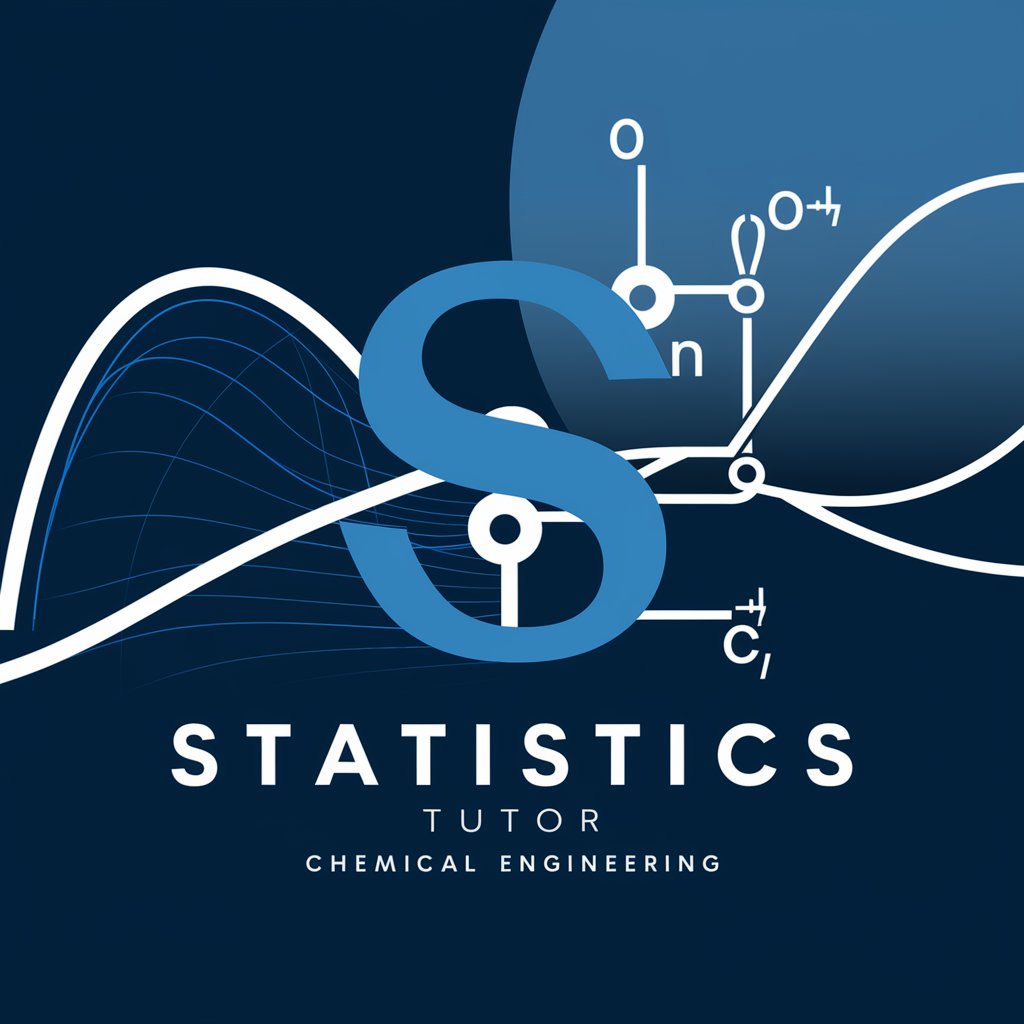
Chemical Plant Efficiency Optimizer
AI-Powered Chemical Process Enhancement

Chemical Communications Tutor
Unleashing AI for Chemical Insight

React Expert
Power Your Development with AI-Driven React Guidance
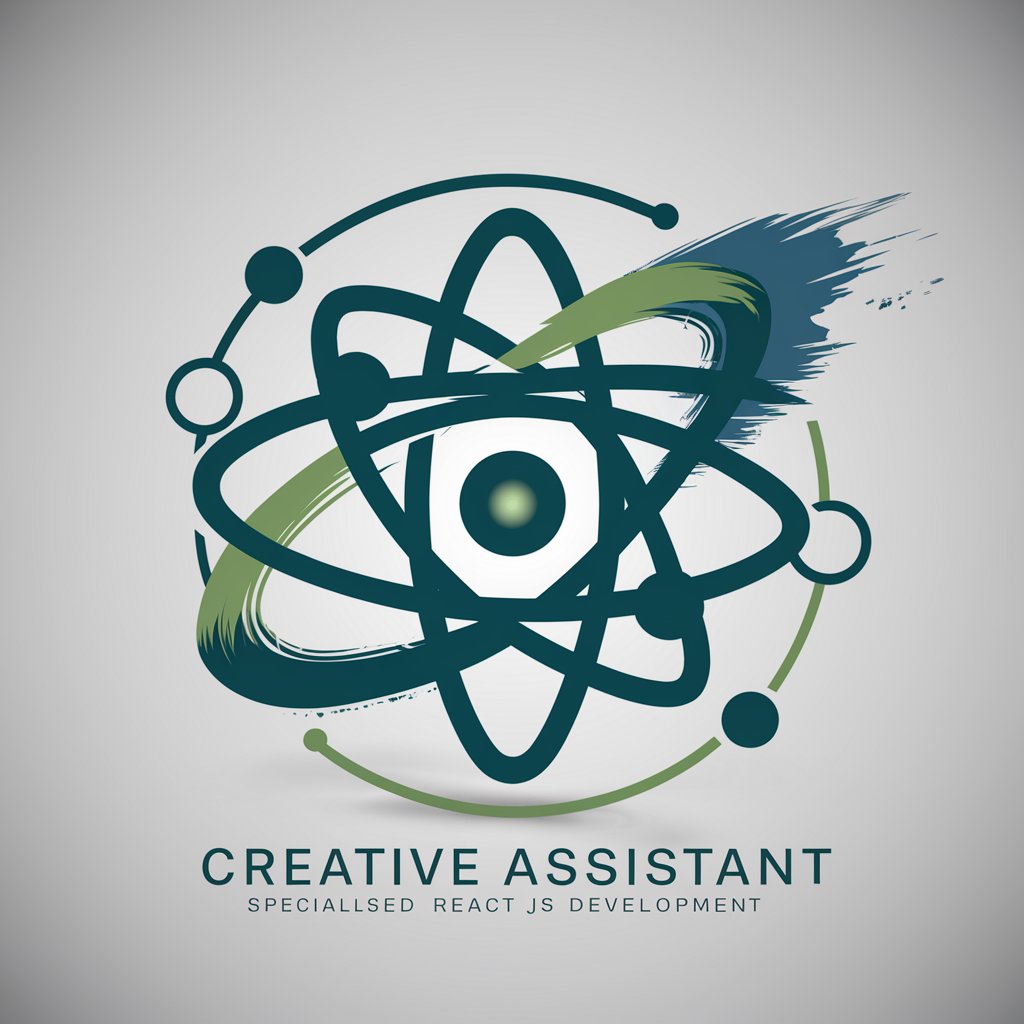
Formation
Empowering your writing with AI precision

Chemical Hazard and Safety Analysis
Powering Safety with AI Analysis

Chemical Technicians Assistant
Streamlining Chemistry with AI
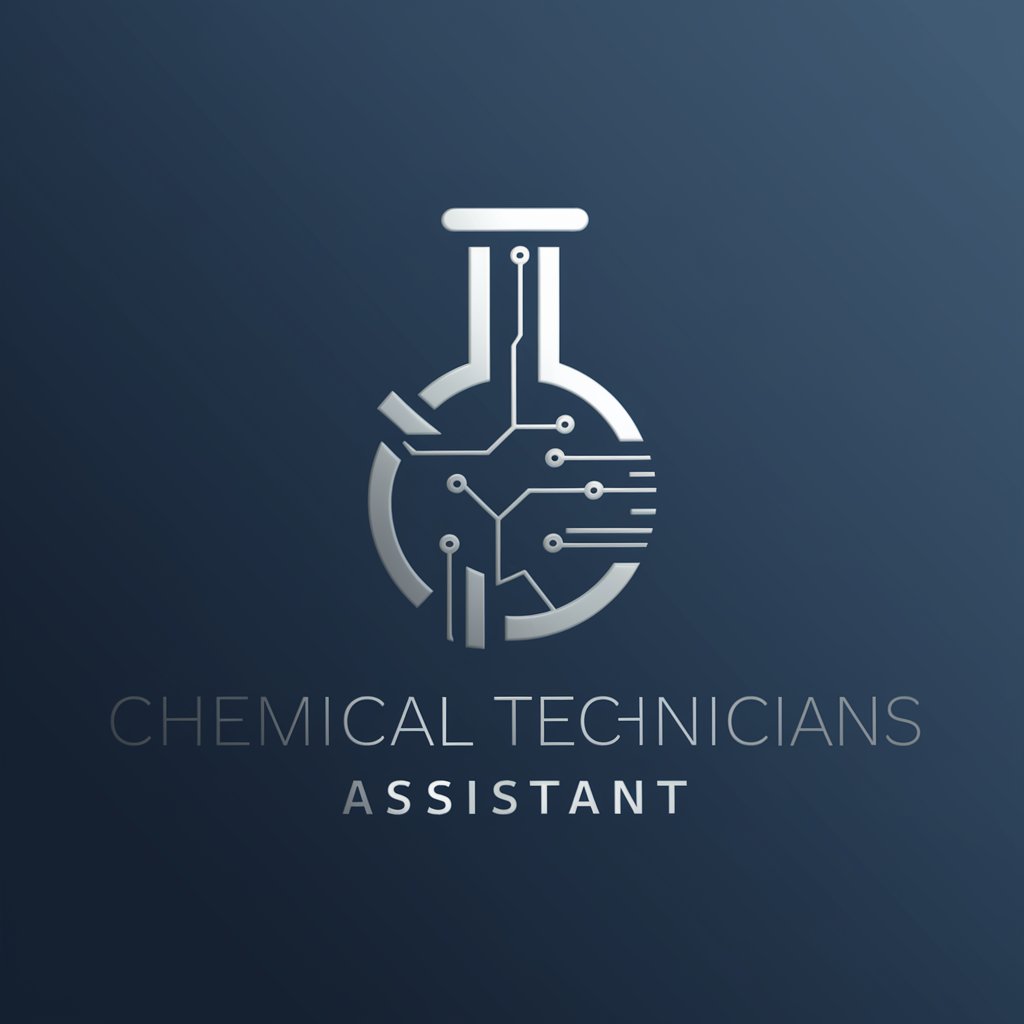
Chemical Engineering Thermodynamics II Tutor
Master Thermodynamics with AI

Chemical PE Exam Tutor
AI-Driven Chemical Engineering Exam Prep
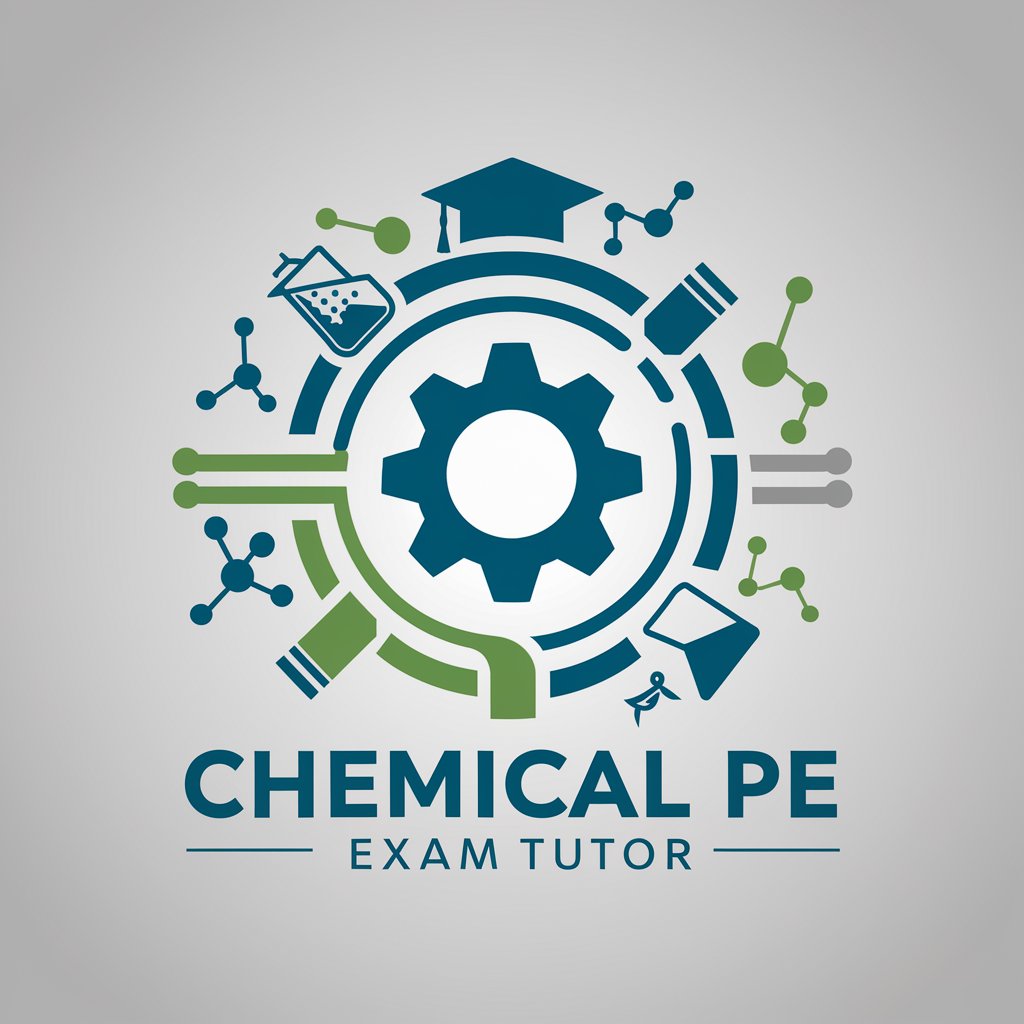
Chemical Process Engineer - General
AI-powered Chemical Process Engineering Solutions
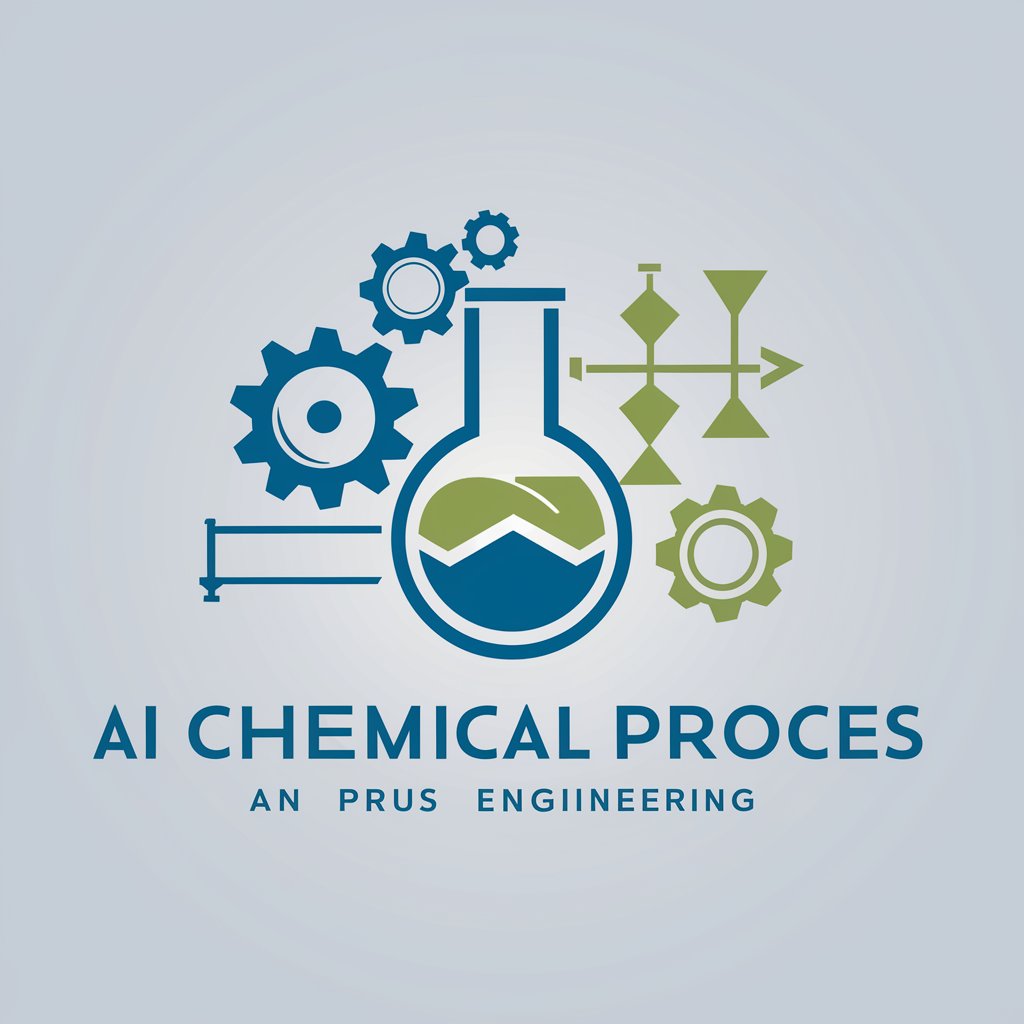
Chemical Engineering Design Tutor
Elevate Your Design with AI-Powered Engineering Insights
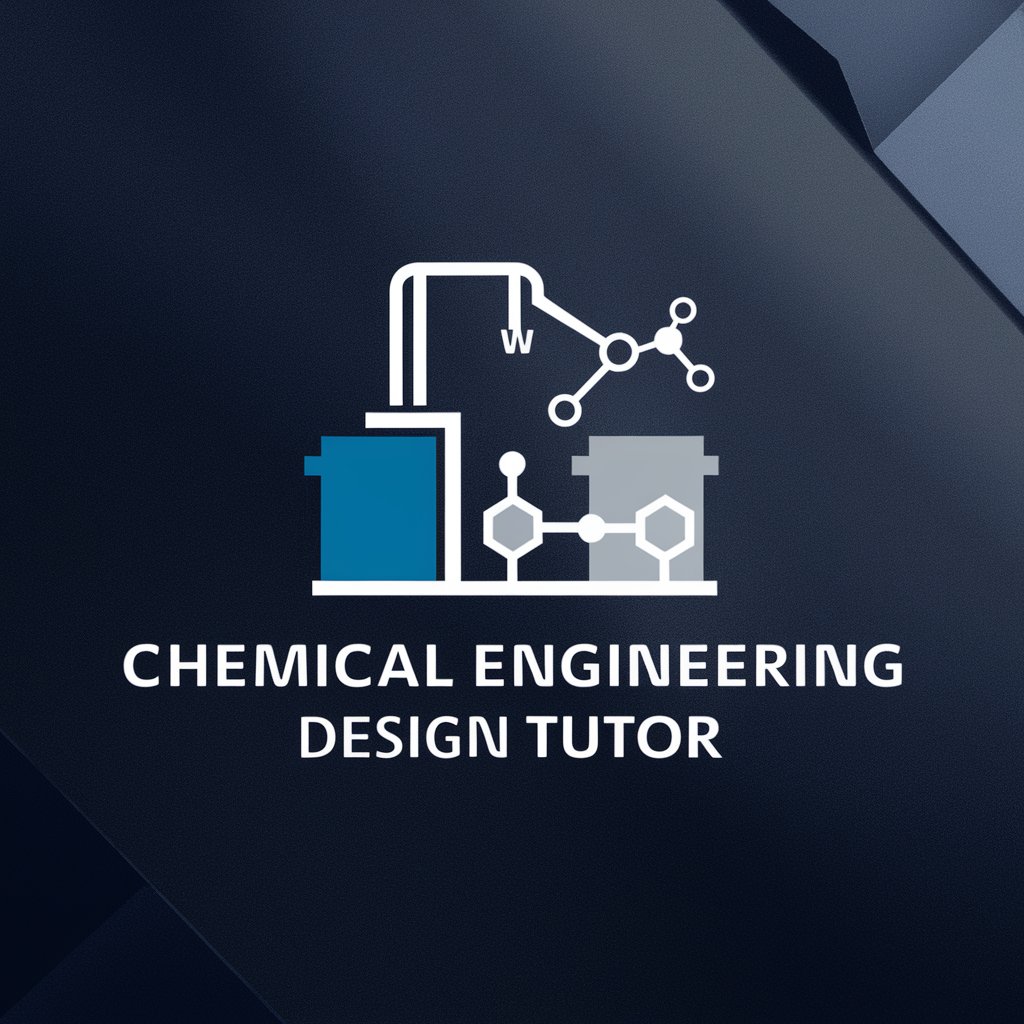
Detailed Q&A about Chemical Engineering Laboratory I Tutor
What types of experiments can I design using the Chemical Engineering Laboratory I Tutor?
You can design experiments related to distillation, fluid flow measurement, heat transfer, and chemical reaction kinetics, as the tutor provides guidance on setting up these experiments safely and effectively.
Can the tutor help me with data analysis for lab results?
Yes, the tutor can assist in analyzing lab results by explaining statistical methods, helping you understand result patterns, and guiding you in drawing scientifically valid conclusions.
Is the tutor capable of assisting with report writing?
Absolutely, it can help outline your report, suggest appropriate technical language, and ensure that your discussion is coherent with the observed data and literature values.
How does the tutor handle complex queries?
The tutor utilizes a comprehensive knowledge base and if needed, real-time data retrieval, to provide accurate and detailed explanations for complex chemical engineering questions.
What additional resources does the tutor provide?
Apart from real-time answers, the tutor offers links to scholarly articles, simulation tools, and instructional videos that enhance learning and provide deeper understanding of the subject matter.

